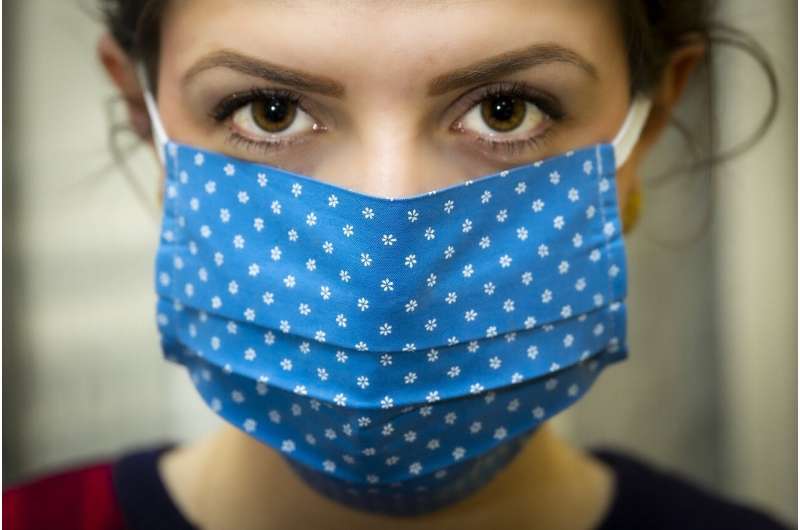
Researchers at Karolinska Institutet in Sweden have analyzed the presence of SARS-CoV-2-specific antibodies and memory cells of the immune system in young adults. The results, published in The Journal of Allergy and Clinical Immunology, show that over one in four had antibodies due to the infection. Fewer of these individuals had measurable levels of memory B and T cells compared with other age groups. The researchers will now continue to study long COVID in young adults and the effects of vaccination on immunity.
Although young adults contribute substantially to the spread of infection, there are very few population-based studies examining COVID-19 immunity in young adults. Therefore, researchers at Karolinska Institutet and Södersjukhuset (Stockholm South General Hospital) in collaboration with Region Stockholm conducted a clinical follow-up of about 1,000 unvaccinated 24–27-year-olds in Stockholm, Sweden, from the population-based cohort BAMSE, between October 2020 and June 2021. The aim was, among other things, to map the presence of SARS-CoV-2-specific antibodies (IgG, IgA and IgM antibodies) as well as memory cells of the immune system (B and T cells) that protect against COVID-19.
For the whole study period, 28 percent of the study participants had detectable levels of SARS-CoV-2-specific antibodies, with a peak at 45 percent in May 2021. Antibodies were measurable up to at least eight months after infection. About half of the infected individuals reported that they had been bedbound due to symptoms, but hospitalization was unusual. A majority reported reduced taste and/or smell. Fewer than one in ten had symptoms that lasted for more than four weeks and one in seven reported no symptoms at all.
“Young adults are at risk of spreading the infection because many of them have no or very mild symptoms,” says Erik Melén, professor of pediatrics at the Department of Clinical Science and Education, Södersjukhuset, Karolinska Institutet and principal investigator of BAMSE. “Just over 60 percent in the 18–29 age group have so far received two doses of vaccine in Sweden, which can be compared with 80–90 percent among 40–69-year-olds. It is important that young adults continue to be vaccinated as soon as the opportunity arises, both to protect themselves and others,” he continues.
In more than 100 participants, researchers also measured the levels of SARS-CoV-2 specific memory cells, which can be activated if the virus re-enters the body. Among those who tested positive for antibodies, 70 percent had detectable levels of memory B cells (the cells that make antibodies), while 55 percent had memory T cells. These proportions are lower than previously reported in studies on other populations, where measurable levels of memory cells have been found in most people infected with SARS-CoV-2.
“We cannot say for sure why this is the case, but previous studies have often looked at older and more severely ill patients,” says Qiang Pan-Hammarström, professor of clinical immunology at the Department of Biosciences and Nutrition, Karolinska Institutet, and last author of the study. “It could be that the mild infections that are often seen in young people result in lower levels of memory cells. We will now continue to study the longevity of B- and T-cell immunity after mild infection in young adults, and how vaccination affects the levels of these immune cells.”
In another subproject, the researchers will study long-term effects of COVID-19, also known as long COVID, in young adults.
“Although unusual, we know that young adults can sometimes become seriously ill when infected with SARS-CoV-2, but we still lack knowledge about long-term symptoms and how this affects young people’s health in the long run,” says Sophia Björkander, a researcher at the Department of Clinical Science and Education, Södersjukhuset, Karolinska Institutet, and lead author of the study.
Source: Read Full Article